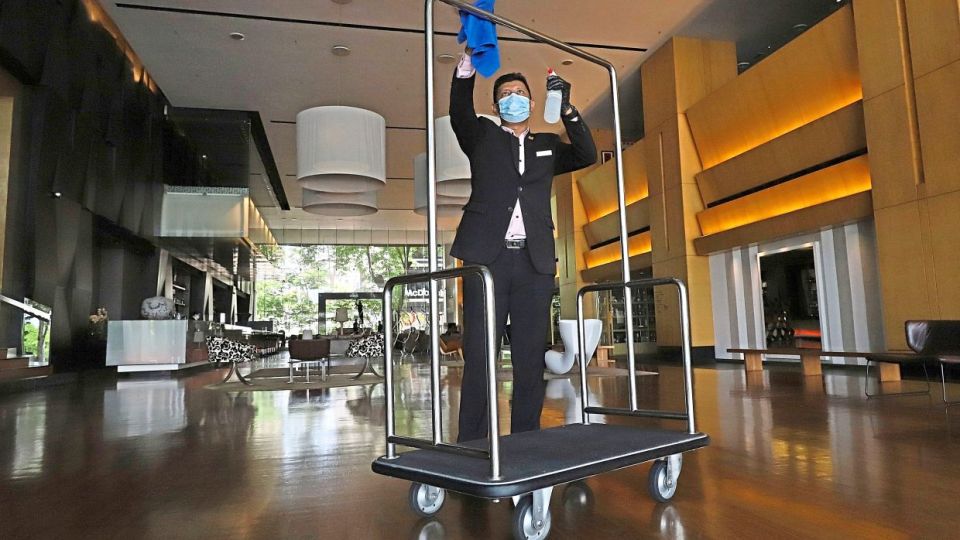June 13, 2022
KUALA LUMPUR – While hotels around the country are facing a shortage of workers, establishments in Johor are finding it extra hard to recruit as locals are more keen to take up jobs in Singapore due to the high exchange rate.
General manager of a resort in Skudai, Sunny Soo, said his workers would have to juggle with different tasks for the time being as it tries to employ more people.
“At the moment, we are still able to fully operate with the employees we have as they are well equipped to handle work from different departments.
“This means that if we are facing a shortage of housekeepers during a busy period, those from other departments could help out. We also have part-time workers supporting our staff from time to time.
“At the moment, the issue has not affected our operations but I have to admit that there are many challenges in recruiting workers nowadays,” he said in an interview.
The resort, added Soo, was currently attempting to fill vacancies for housekeepers, workers in the food and beverage department, front desk receptionists and engineers.
“The added challenge we have in Johor is that we have to compete with employers in Singapore who are able to give better salaries due to the high exchange rate,” he said.
Besides the high exchange rate of the Singaporean dollar, visitors from the island republic also made up the highest number of international arrivals in Malaysia.
In 2019, over 10.16 million Singaporeans crossed the border into Malaysia, followed by those from Indonesia (3,623,277), China (3,114,257), Thailand (1,884,306), Brunei (1,216,123), India (735,309), South Korea (673,065), Japan (424,694), Philippines (421,908) and Vietnam (400,346).
Marketing and communication manager of a hotel in Johor Baru, Keyin Tay, said there had been a slight improvement in manpower issue compared to the past two months.
“We have been able to slowly recruit a few more workers, including part-timers, in the past two months. This has helped to reduce the load on our existing workers.
“During the Hari Raya holidays, all our staff, including security officers, receptionists and even engineers, had to help our housekeepers cope with a sudden influx of visitors.
“Despite our best efforts, we still received some complaints from customers unhappy with delays during the busy period,” he said.
Malaysian Association of Hotels Johor chapter chairman Ivan Teo said the manpower situation was expected to persist for at least a few more months.
“We are still facing a dire lack of manpower and the situation has not improved much over the past few months. It would take some time.
“Our biggest problem is not being able to employ foreign workers. Even if the government could help expedite the process, it may still be difficult to attract foreigners to work here due to the weakening of the ringgit.
“Locals are also not that keen to take up the jobs, especially 3D (dirty, dangerous and difficult) jobs which were previously done by foreigners.
“They also have the option of working in Singapore now that the border is open,” he said, adding that the lack of manpower had driven some hoteliers to only operate at a portion of their full capacity.
Tourism Johor director Suhairi Hashim said the state government was looking into introducing a training programme for locals as an effort to help hoteliers.
“We are currently discussing with industry players and getting data from them to find out what the critical areas are. We will then tailor the training programme based on the industry’s needs.
“From what we have collected so far, we find that hoteliers are facing the most number of problems in getting housekeepers as those positions used to be taken up by foreign workers,” he said.
The state government, added Suhairi, would work closely with learning institutions to offer training to graduates in related courses.
“We understand that it is challenging for hotels here to compete with employers in Singapore as locals can be paid three times higher for doing similar jobs.
“This is a big hurdle that we need to face. At the moment, we are looking into offering free training to fresh graduates as well as students who have just completed their SPM,” he said, adding that the programme was expected to start in September.

